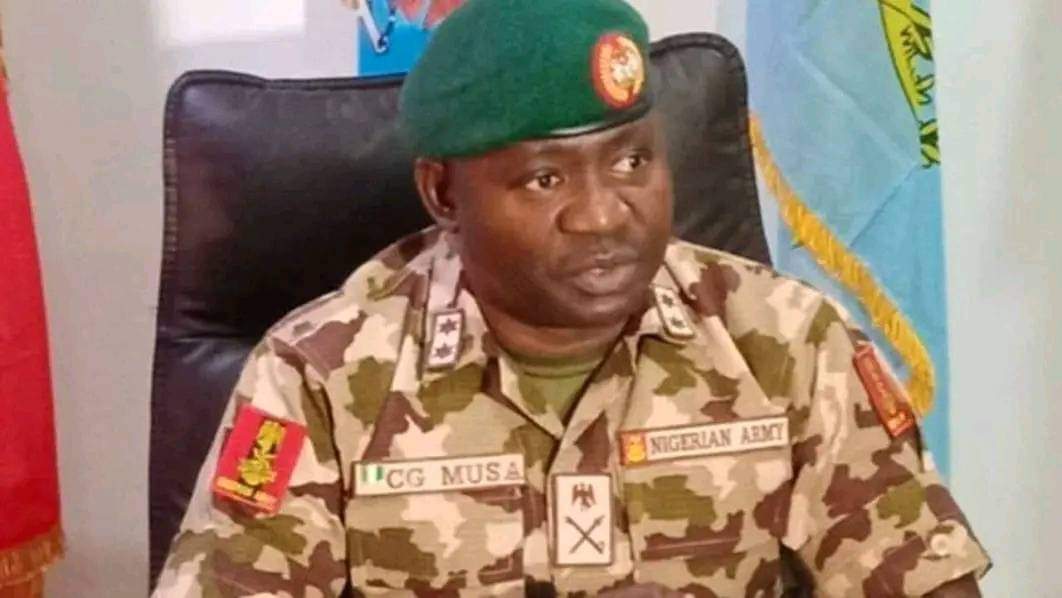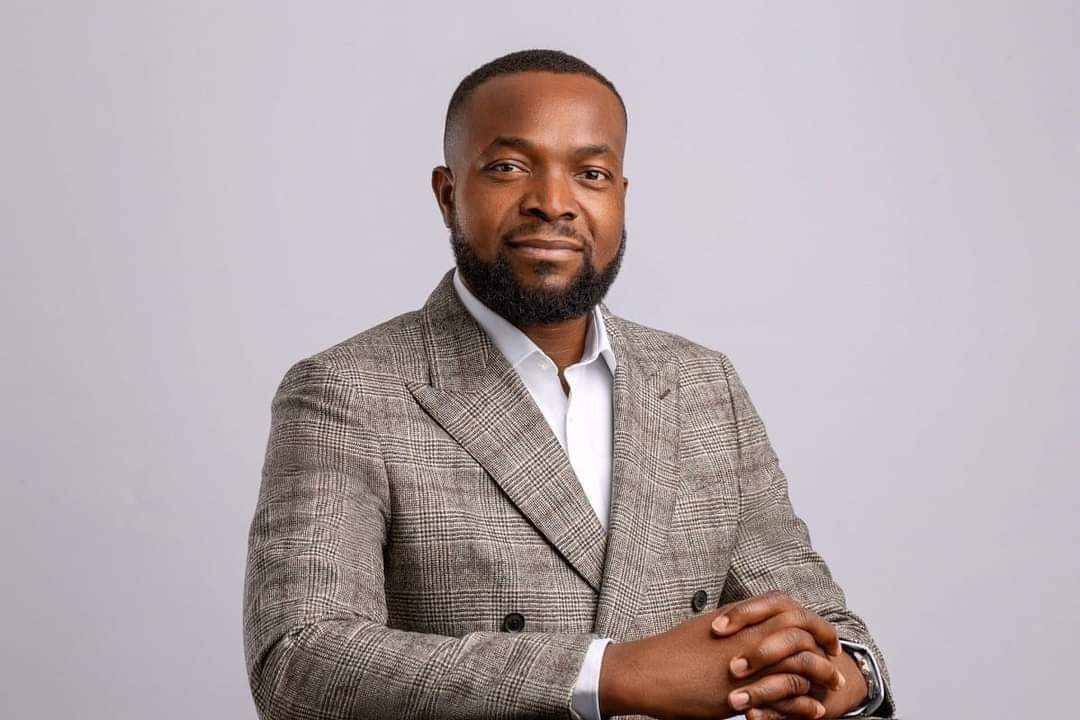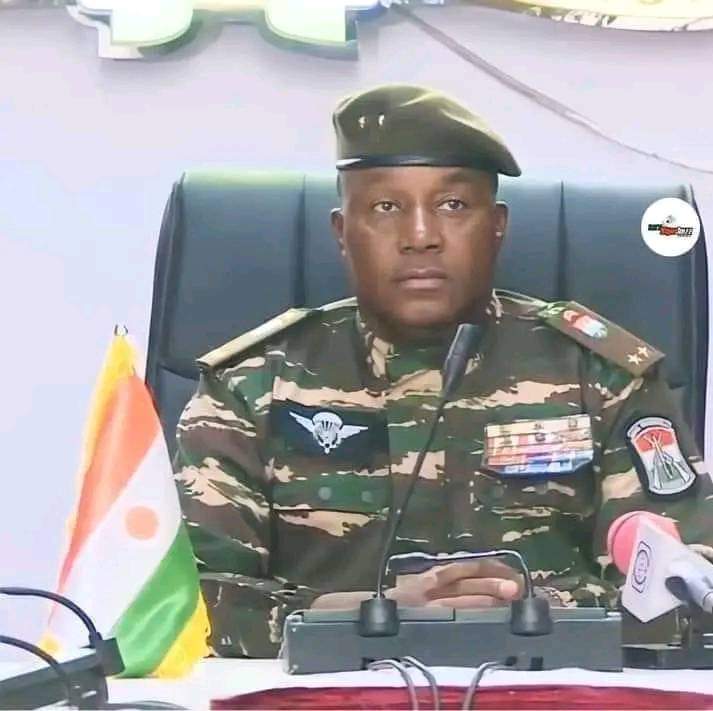By Ashineko Ayinya
As Nigeria grapples with the specter of its security challenges, the appointment of Christopher Gwabin Musa, an Atyap man, as the Chief of Defense staff has sparked a maelstrom of criticism. The outcry, primarily from Northern clerics and politically motivated instigators, exposes the deep-seated ethnic and religious fissures within the nation. This article explores these tensions, the political maneuverings around them, and their implications for the nation’s security.
Since the ascension of Christopher Musa, an Atyap, to the mantle of Chief of Defense staff in Nigeria, a veritable Pandora’s Box of controversy has been unlatched. A chorus of Northern clerics, spurred on by Machiavellian politicians seeking to portray themselves as the guardians of Islam, have been vocal in their dissent. In a sweeping act of political grandstanding, they targeted the Atyap Development Association in their twilight hours of power.
President Bola Ahmed Tinubu, like Odysseus navigating the tumultuous seas, sincerely seeks to shore up the security of his nation. Appointments like Musa’s are born out of merit and necessity, a lesson learned from the previous regime’s missteps, which led to a veritable Trojan Horse situation with Muslims monopolizing all strategic security positions, resulting in the country’s descent into its darkest period of insecurity. President Tinubu’s move may be more of a strategic maneuver than a show of favoritism towards Christians. In matters of national security, religious and ethnic affiliations should be relegated to the background.
Yet, these clerics, like sirens calling out to a ship, are desperate to discredit and possibly pressure President Tinubu into retracting the appointment. They have propagated the unfounded claim that Musa, who has merely been in position for two months, is planning a purge of Hausas, beginning in Zaria. Their references to the 1992 Zangon Kataf crisis, a dark chapter in Kaduna State’s history, are one-sided and exclude the instigations that sparked the conflict. They demand the execution of General Zamani Lekwot, rekindling old tensions and risking the resurgence of conflict.
The clerics’ selective amnesia extends to the security challenges faced under the Buhari administration. They conveniently overlook the rampant kidnappings and killings unless someone from a non-Muslim background assumes a position of authority. They remain silent on the violence, abductions, forced marriages committed by Fulani individuals against their fellow Hausas. Their selective outrage and consciousness paint a puzzling picture.
The discord surrounding Musa’s appointment is symptomatic of the complex interplay of religion, ethnicity, and politics in Nigeria’s security landscape. These complications, if left unchecked, could further destabilize the already tenuous security situation. It is therefore crucial for the government and its citizens to rise above the divisive rhetoric and work towards a harmonious and secure Nigeria.
About the Author
Ashineko Ayinya is a writer, researcher, and mathematician from Southern Kaduna. In 2018, he faced persecution from the government led by El-Rufai and narrowly escaped with his life. As a result, he is currently an internally displaced person. He sustains himself amidst the economic challenges in the country through his professional writing.
Footnotes:
– Christopher Gwabin Musa: General Christopher Gwabin Musa OFR, an Atyap man, (born 25 December 1967) is a Nigerian Army general who is the 18th Chief of Defence Staff of Nigeria. He was appointed by President Bola Tinubu on 19 June 2023.
– Zangon Kataf Crisis: The Zangon Kataf Crisis refers to a violent ethnic conflict that occurred in Zangon Kataf, Kaduna State, Nigeria, in the early 1990s. The conflict involved clashes between the Kataf ethnic group and the Hausa-Fulani Muslim settlers, driven by issues of land ownership, political representation, and religious tensions. The crisis resulted in casualties, property destruction, and mass displacement. Major General Zamani Lekwot, a key figure in the Nigerian Army, was implicated in the crisis and faced legal consequences, highlighting the complexity of managing communal tensions and the need for effective conflict resolution strategies.
– Zamani Lekwot: Zamani Lekwot (1947-date), an Atyap man, was a Nigerian military officer known for his role in peacekeeping operations, particularly during the ECOMOG intervention in Liberia and Sierra Leone. He rose to the rank of Major General in the Nigerian Army and served as the Force Commander of the Nigerian contingent in ECOMOG. However, Lekwot’s career was marred by controversy when he was implicated in the Zangon Kataf communal clashes in Nigeria and sentenced to death, later commuted to life imprisonment. Despite the controversies surrounding him, Lekwot’s contributions to peacekeeping efforts and his complex legacy remain significant.











